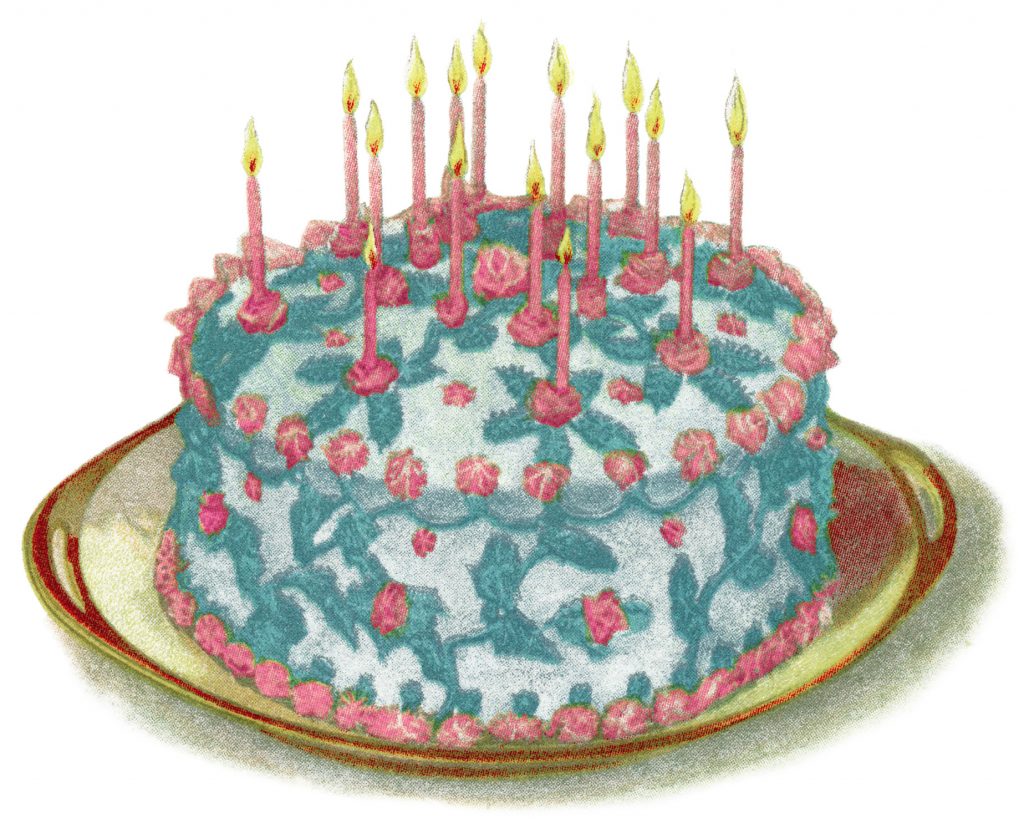
[The name of the Eternal appears as Yehovah in the original article]
The Bible is silent thereon but offers some clues.
There is an affinity of such commemoration among the wicked as recorded in The Satanic Bible regarding Birthdays:
(Anton Szandor LaVey, (Air) Book of Lucifer – The Enlightenment, Avon Books, 1969, Ch XI, “Religious Holidays,” p. 96)
It is interesting that birthdays are considered the most important holiday to these Satan worshippers (the founding of their “church”, called «Walpurgisnacht», and Halloween are the other ones of importance to them).
Of course, early Believers did not celebrate birthdays nor did the early Jews. Nor have real Believers ever celebrated Halloween.
Origen of Alexandria, writing over two centuries after the death of Messiah follows this same line when he recorded a diatribe against the memories of birthdays, indicating that at the time of his writing, a day to remember the birth of the Messiah was not part of the church calendar. In his Homilies on Leviticus, speaking on the aspect of birth, Origen states:
“…not one from all the saints is found to have celebrated a festive day or a great feast on the day of his birth. No one is found to have had joy on the day of the birth of his son or daughter. Only sinners rejoice over this kind of birthday. For indeed we find in the Old Testament Pharaoh, king of Egypt, celebrating the day of his birth with a festival, and in the New Testament, Herod. However both of them stained the festival of his birth by shedding human blood…But the saints not only do not celebrate a festival on their birthdays, but, filled with the Holy Spirit, they curse that day (after the example of Job, Jeremiah, and David).”
(Homilies on Leviticus: 1–16 /Origen, Barkley, 1990, 156.)
WHAT IS THE ORIGIN OF BIRTHDAY CELEBRATIONS?
Birthday celebrations are actually rooted in paganism.
The Encyclopedia Americana (1991 edition) states:
“The ancient world of Egypt, Greece, Rome, and Persia celebrated the birthdays of gods, kings, and nobles.”
Authors Ralph and Adelin Linton reveal the underlying reason for this. In their book The Lore of Birthdays, they write:
“Mesopotamia and Egypt, the cradles of civilization, were also the first lands in which men remembered and honoured their birthdays. The keeping of birthday records was important in ancient times principally because a birth date was essential for the casting of a horoscope.”
So, there is a direct connection between the Pagan practice of birthday celebrations and astrology (horoscopes and fortune-telling).
Not surprisingly then, the ancient Jews did not celebrate birthdays, regarding them as Pagan.
Also, The World Book Encyclopedia (volume 3, page 416) states:
“The early Christians did not celebrate His [the Messiah’s] birth because they considered the celebration of anyone’s birth to be a pagan custom.”
Down to the fourth century, Christianity rejected the birthday celebration as a pagan custom.
To satiate this point, notice also the record of the first-century historian Josephus the Jews in the Messiah’s day knew the Eternal’s attitude toward birthday celebrations,
“Nay, indeed, the law does not permit us to make festivals at the births of our children”
(Flavius Josephus, Against Apion, Book II, section 26).
(Wikipedia. Birthdays. July 12, 2007 version).
(Sechrist. Christmas. World Book Encyclopedia, Volume 3. 1966, pp. 408-417).
Later, people began to celebrate the annual birth of their king at the same time as their deity, aligning their ruler with the same honours given to their deity. In their minds, their ruler became an anthropomorphic version of their deity. In the east, average people slowly began to celebrate their personal “birthday” once each year on what they believed to be “new year’s day.” Eventually, people developed the custom of observing their personal birthday on the annual day they were actually born.
Christmas was not among the earliest festivals of the Church. Irenaeus and Tertullian omit it from their lists of feasts; Origen, glancing perhaps at the discreditable imperial Natalitia, asserts (in Lev. Hom. viii in Migne, P.G., XII, 495) that in the Scriptures sinners alone, not saints, celebrate their birthday; Arnobius (VII, 32 in P.L., V, 1264) can still ridicule the “birthdays” of the gods. In their essay titled Birthdays, Jewishly, Lisa Farber Miller and Sandra Widener point out that the Encyclopedia Judaica is very blunt on this topic:
Therefore, the celebration of birthdays was clearly not part of <the faith which was once for all delivered to the saints> (Jude 3).
No early religious/church writing from the second century that I have seen (and I have read most that are available) seems to endorse (or even suggest) the celebration of birthdays by any who professed the Messiah.
Although he was not part of the Congregation of the Eternal, the writings of the early third-century Catholic theologian Origen of Alexandria show that even that late, Orthodox Catholics were against the celebration of birthdays. The Catholic Encyclopedia states:
(Martindale C. Christmas, 1908)
The Messiah bade His disciples <remember> Him in His death, but there is not a word in scripture, from Genesis to Revelation, which tells us to celebrate His birth. It is without reason that the only “birthday” commemorations mentioned in the Eternal’s Word are Pharaoh’s (Genesis 40:20) and Herod’s (Matthew 14:6)? Is this recorded “for our learning?” If so, have we prayerfully taken it to heart?
hope-of-israel.org